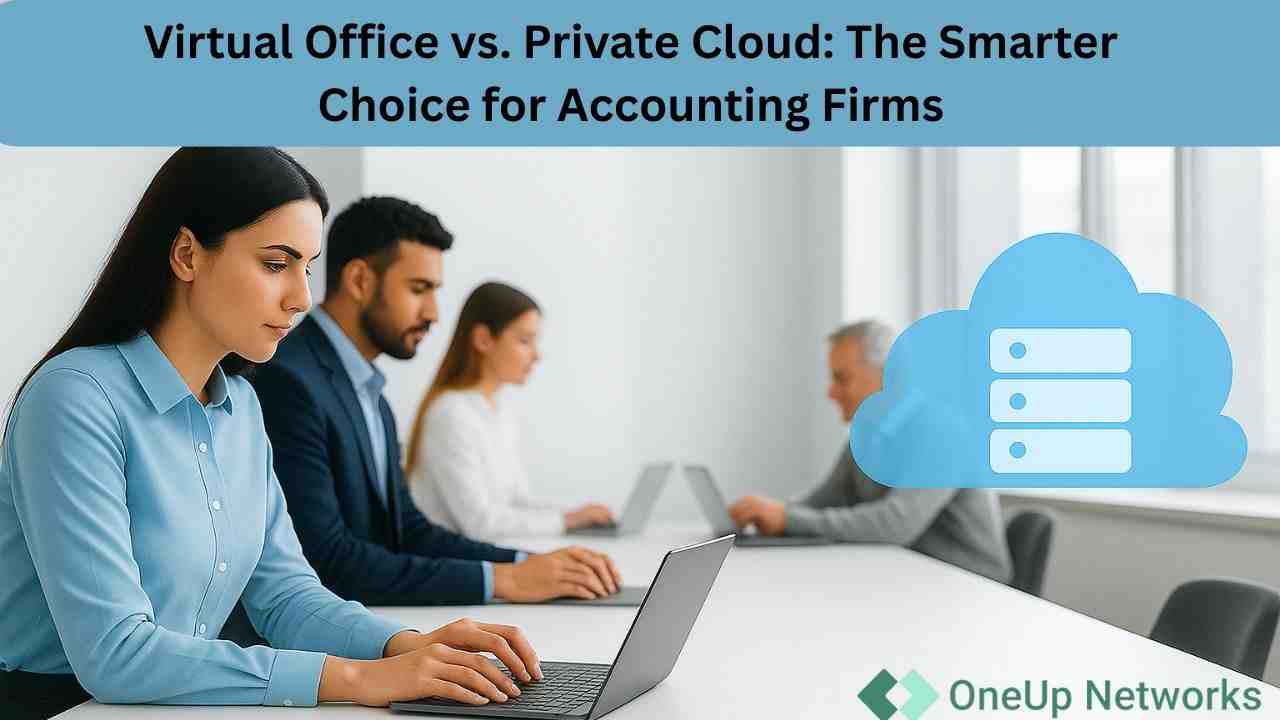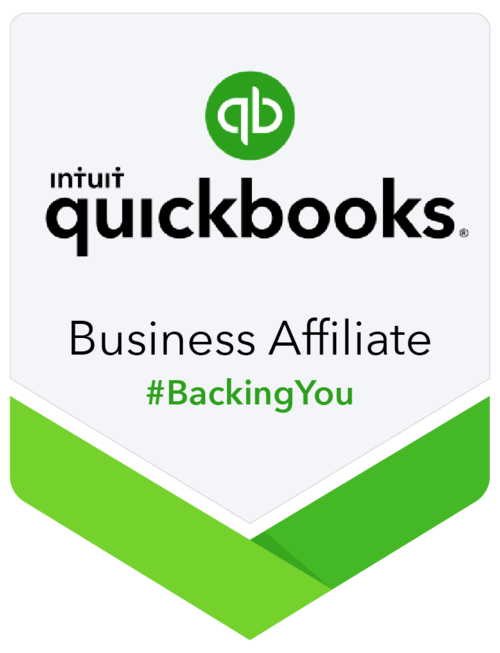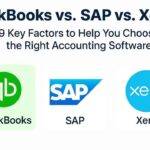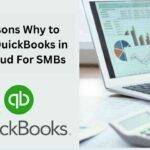Modern accounting firms rely on secure and flexible technology to manage sensitive financial data, collaborate with clients, and maintain compliance. As firms modernize their IT systems, many compare virtual office platforms (such as Thomson Reuters Virtual Office) with private cloud hosting solutions (such as OneUp Networks). Although both options support remote work, they differ significantly in cost, control, security, and scalability. Understanding these differences helps your firm select the infrastructure that best supports growth, efficiency, and compliance.
Key Takeaways
- Virtual Office vs Private Cloud Hosting offers firms different benefits: virtual offices are managed by providers, while private clouds give firms dedicated resources and better control.
- Costs vary significantly; virtual offices often charge around $125 per user per month, whereas private cloud hosting can start as low as $49.99.
- Security is stronger in private cloud hosting since it isolates data and allows for tailored compliance measures.
- Private cloud hosting ensures consistent performance and scalability, making it more suitable for growing firms.
- Overall, private cloud hosting provides greater control, lower costs, and enhanced security for accounting firms managing sensitive data.
Understanding Virtual Office and Private Cloud Hosting
A virtual office provides a hosted environment where your accounting applications run on shared servers managed by a software vendor. The provider handles maintenance, updates, and backups, while firms access their tools remotely.
In contrast, a private cloud offers a dedicated infrastructure exclusively for your firm. It delivers customizable computing resources, strict security controls, and the ability to scale as your business evolves. As a result, you gain full control and flexibility without the high costs of owning physical servers.
Key Differences: Virtual Office vs. Private Cloud Hosting
When comparing virtual office solutions and private cloud hosting, accounting firms notice major differences in cost, control, security, performance, accessibility, and maintenance.
1. Cost and Value
Every firm considers cost before committing to a cloud solution.
Virtual Office:
A virtual office usually costs more because the provider manages all infrastructure, updates, and maintenance. Most plans start around $125 per user per month. As your team grows, the total cost increases quickly.
Private Cloud Hosting:
Private cloud hosting often starts around $49.99 per user per month, and your firm pays only for what it actually uses. Therefore, this model can lower IT costs by up to 60 percent while delivering dedicated resources and consistent performance. As a result, private cloud hosting provides more value for firms that need flexibility and cost efficiency.
2. Control and Customization
Technology control often determines how well your systems align with business goals.
Virtual Office:
In a virtual office, the provider controls all configurations and system updates. Consequently, firms have limited flexibility to customize settings or install specific applications.
Private Cloud Hosting:
Private cloud hosting gives your firm complete control over its environment. You can configure security policies, software, and storage exactly as needed. In addition, you can adjust resources to match workflow demands during busy seasons. Therefore, firms gain more autonomy and alignment between technology and operations.
3. Security and Compliance
Security and compliance remain top priorities for accounting professionals.
Virtual Office:
A virtual office offers good security; however, it stores your firm’s data alongside other clients’ data on shared servers. Because of that, you must rely on the provider’s compliance standards and limited customization options.
Private Cloud Hosting:
Private cloud hosting isolates your firm’s data in a dedicated environment. As a result, you can implement your own firewalls, encryption, and user-access rules. Moreover, this structure makes it easier to meet strict standards like SOC 2, IRS Publication 4557, HIPAA, and GDPR. Therefore, your firm gains complete visibility and control over how it protects sensitive client information.
4. Performance and Scalability
Reliable performance directly affects productivity and client satisfaction.
Virtual Office:
Because multiple users share the same infrastructure, performance can drop during peak periods. In addition, scalability depends entirely on the provider’s capacity, which may slow down growth.
Private Cloud Hosting:
A private cloud uses dedicated computing power that ensures consistent performance. You can scale resources instantly by adding users, storage, or applications. Consequently, your firm maintains fast, reliable systems during every season.
5. Accessibility and Collaboration
In today’s hybrid work environment, accessibility determines how efficiently teams collaborate.
Virtual Office:
A virtual office allows remote access; however, users must operate within the provider’s platform. Integration with other tools often remains limited.
Private Cloud Hosting:
Private cloud hosting provides secure access from any device or location. Moreover, it supports real-time collaboration, document sharing, and software integration. As a result, teams can work seamlessly whether they are in the office or remote. This flexibility strengthens client service and operational efficiency.
6. Maintenance and Technical Support
| Feature | Virtual Office (e.g., Thomson Reuters) | Private Cloud Hosting (e.g., OneUp Networks) |
|---|---|---|
| Cost | Higher, typically $125/user/month or more | Lower, often starting at $49.99/user/month |
| Resource Control | Limited; managed by software provider | Full control; dedicated resources for your firm |
| Customization | Minimal; limited to provider’s available options | High; can tailor environment to your specific needs |
| Security | Good, but shared across multiple clients | Superior; dedicated security, firewalls, encryption |
| Accessibility | Accessible remotely, but may be less flexible | Accessible from anywhere, with high flexibility |
| Scalability | Limited by provider’s infrastructure | Highly scalable; add or remove resources as needed |
| Performance | Can be impacted by shared resources | Dedicated resources ensure consistent, high performance |
| Maintenance | Managed by provider | Managed by provider, but with more control for you |
| Compliance | Provider’s compliance standards | Enhanced compliance; can be tailored to your needs |
| Uptime | Generally reliable, but shared environment | 99.99% uptime or better; redundant infrastructure |
Consistent maintenance and responsive support keep your systems stable.
Virtual Office:
The provider handles all maintenance, but you have no control over when updates occur. Therefore, scheduled updates can interrupt workflows during critical periods.
Private Cloud Hosting:
In a private cloud, your hosting partner still manages updates and backups, but you choose when and how they occur. Consequently, your firm avoids downtime and maintains uninterrupted operations.
Summary Table
| Aspect | Virtual Office | Private Cloud Hosting |
|---|---|---|
| Cost | High | Low |
| Control | Limited | Full |
| Customization | Minimal | High |
| Security | Shared, good | Dedicated, superior |
| Scalability | Limited | High |
| Performance | Variable, shared resources | Consistent, dedicated |
| Accessibility | Remote, but limited | Anywhere, highly flexible |
| Maintenance | Provider-managed | Provider-managed, more control |
Our Client’s Case Study:
Consider an accounting firm with 10 users:
- Virtual Office: Approximately $1,250 per month, limited customization, and shared security.
- Private Cloud Hosting: Roughly $360 per month, with dedicated infrastructure, enhanced security, and full scalability.
This difference represents potential savings of over $10,000 annually, while improving control, compliance alignment, and system reliability.
Frequently Asked Questions
The key distinction is that a virtual office uses a shared platform managed by a third-party provider, while private cloud hosting provides dedicated resources, enhanced security, and greater customization for each firm.
Private cloud hosting typically offers superior security because your data is isolated, encrypted, and protected by dedicated firewalls, minimizing the risk of exposure compared to shared virtual office environments.
Yes, private cloud hosting often delivers significant cost savings, with pricing usually starting much lower per user per month, while virtual office solutions carry higher monthly subscription fees for similar services.
Absolutely. Private cloud hosting allows firms to tailor every aspect of their environment, from software integrations to security policies, while virtual office platforms restrict customization based on standardized options provided by the vendor.
Private cloud hosting is significantly more scalable, enabling easy adjustment of users, storage, and resources as the firm grows, whereas virtual office scalability is often limited by the provider’s infrastructure and predefined service plans.
Conclusion
Both virtual office and private cloud hosting solutions help firms operate remotely and manage data securely. However, private cloud hosting provides greater control, stronger security, lower costs, and faster scalability. As a result, it suits accounting firms that handle sensitive data and plan for long-term growth.
By choosing a private cloud environment, your firm can improve efficiency, strengthen compliance, and gain full command of its IT infrastructure.
Take the Next Step with OneUp Networks
Your accounting firm deserves technology that works as hard as you do. OneUp Networks empowers firms to modernize their IT infrastructure with secure, high-performance private cloud hosting designed exclusively for accounting professionals. Our platform delivers dedicated resources, advanced compliance tools, and 24/7 expert support so your team can focus on clients—not technology.
Therefore, if you want to lower costs, strengthen data security, and scale confidently, now is the perfect time to experience the OneUp Networks difference.
Start transforming your firm today:
- Contact Us – Speak directly with our cloud experts about your goals.
- Book a Demo – See how our private cloud streamlines accounting operations.
- Start a Free Trial – Experience our secure cloud platform risk-free.
- Chat with an Expert – Get real-time answers and personalized recommendations.
- Get a Quote – Receive a custom plan and pricing tailored to your firm.
With OneUp Networks, your firm gains more than hosting—it gains a trusted partner for growth, compliance, and long-term success.
Also Check Out These Related Articles:
- QuickBooks Online vs QuickBooks Desktop: Which is Best for Your Accounting Needs?
- Why More Accounting Firms Are Moving Away from Thomson Reuters Virtual Office CS?
- UltraTax Virtual Office CS Downtime Fixes: Key Strategies for Tax Professionals
- 60% Savings on Thomson Reuters Virtual Office? Yes, It’s Possible with Cloud Hosting!
- Are You Facing Downtime With UltraTax Virtual Office CS?




































